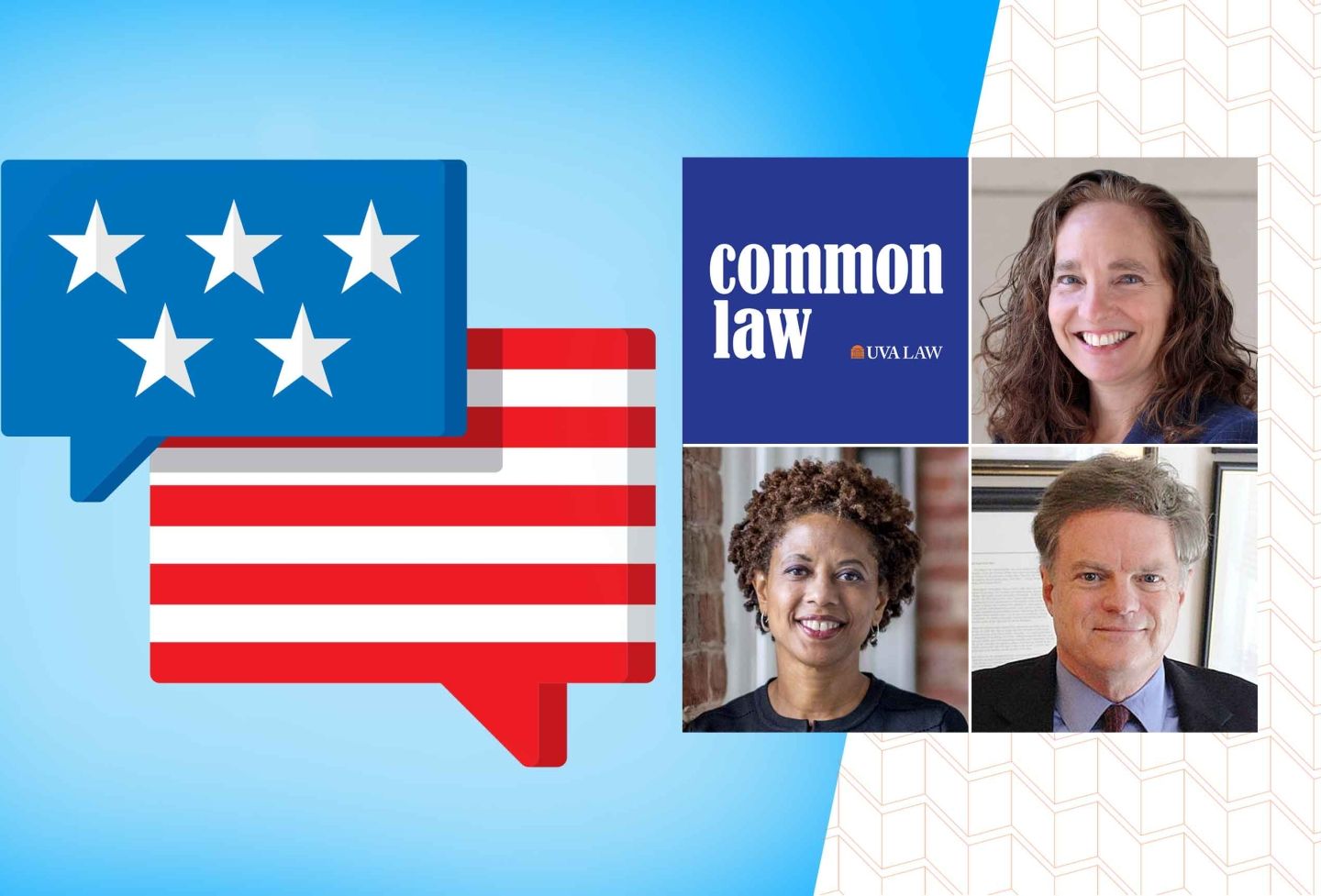A University of Virginia School of Law student’s ideas on holding sheriffs’ offices more accountable are garnering attention at a time when policing is under national scrutiny.
James Tomberlin’s Virginia Law Review note, “‘Don’t Elect Me’: Sheriffs and the Need for Reform in County Law Enforcement,” examines how sheriffs’ offices are regulated, how they interact with local governments and how they can be reformed to be held better accountable. Tomberlin’s work has been featured in The Crime Report and on NBC29.
“I found a lot of crazy stories about abuses of power by sheriffs,” said Tomberlin, a third-year law student who is also a member of the Law Review’s editorial board. “I also found that while over a third of full-time general-purpose law enforcement personnel work for sheriffs’ offices, almost nothing had been written about sheriffs and how they differ from [city] police officers.”
Through his research, aided by Professors Rachel Harmon and Richard Schragger, his faculty adviser, Tomberlin said he learned how relevant the history of sheriffs’ offices was to a larger conversation on policing reform.
Unlike police chiefs, who serve at the pleasure of the politicians who hired them, Tomberlin argues, sheriffs are usually constitutional officers who function more as state agents and aren’t as answerable to county officials. In addition, counties have less authority over sheriffs’ budgets because of state prerogatives.
Although sheriffs are elected officials, Tomberlin said elections are a poor mechanism for accountability because of frequent low voter turnout and, often, a lack of legitimate challengers. Because of the hierarchical structure, deputies are generally reluctant to run against their bosses. Sheriffs are typically not term-limited and incumbency rates are high.
“What’s essential for accountability is allowing local governments to have greater control over county law enforcement through hiring and firing decisions and budgetary controls — the same checks that local governments have on municipal police departments,” he said. “Doing so forces law enforcement to specify goals and request resources to achieve them, and allows local governments to review these goals and their costs, and to fire those who fail to deliver.”
Although reform may entail long-term steps such as amending state constitutions to abolish the sheriff, Tomberlin sees possible short-term solutions for problem offices. County police departments can be created to take over law enforcement duties, limiting sheriffs to tasks such as prisoner transport and courtroom security.
“James’ note is a great example of how students can produce high-quality scholarship with real effects on the public debate,” Schragger said. “I learned an enormous amount from working with him on this project, and it is gratifying to see his article getting the attention that it deserves.”
In addition to serving on the Law Review editorial board, Tomberlin participates in the Supreme Court Litigation Clinic, writes problems for the William Minor Lile Moot Court Competition and conducts research for Harmon. After graduation, he will clerk for Judge Eric L. Clay of the U.S. Court of Appeals for the Sixth Circuit.
“I owe so much to Professor Schragger and Professor Harmon, who have been the most incredible mentors,” Tomberlin said. “We have so many professors who are eager to help students research and write about whatever area of law interests them.”
Founded in 1819, the University of Virginia School of Law is the second-oldest continuously operating law school in the nation. Consistently ranked among the top law schools, Virginia is a world-renowned training ground for distinguished lawyers and public servants, instilling in them a commitment to leadership, integrity and community service.


